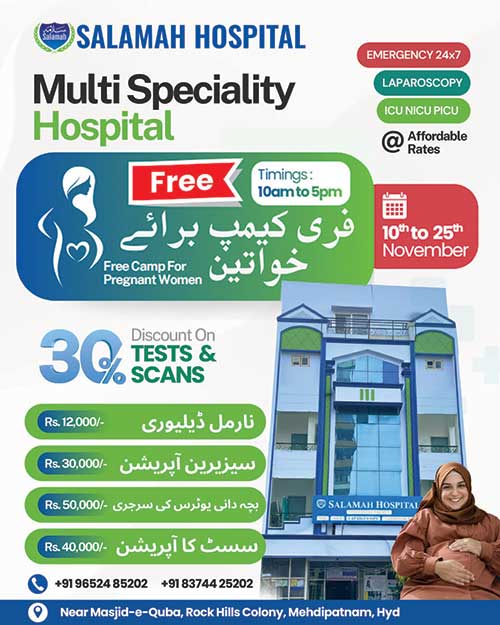RSS cadres not allowed to carry sticks, lathis, sing songs during route march tomorrow
Based on the Supreme Court order, police granted permission for the RSS to undertake its route march in 45 places across the State tomorrow.

Chennai: Days after the Supreme Court allowed the Rashtriya Swayamsevak Sangh (RSS) to conduct its route march tomorrow, the Tamil Nadu today said the RSS cadres would not be allowed to carry sticks or lathis, sing songs or speak ill of any individual, caste or religion.
Based on the Supreme Court order, police granted permission for the RSS to undertake its route march in 45 places across the State tomorrow.
State Director-General of Police C. Sylendra Babu, in a communication to senior police officers in all cities/districts, asked them to ensure that the 12 conditions imposed by the Madras High Court in its September 22, 2022 order, permitting the processions, are complid with.
The High Court’s order was upheld by the Supreme Court after the State government went on an appeal. Other conditions included, the participants shall not be allowed to indulge in any act disturbing the country’s sovereignty and integrity.
While conducting the procession without causing any hindrance to members of the public or traffic, the organisers would have to arrange–in consultation with the police and the civic bodies–for drinking water, first aid/ambulance, mobile toilets, CCTV cameras and fire-fighting equipment.
During the march, the participants should not in any manner offend the sentiments of any religious, linguistic and cultural groups. An undertaking to reimburse the cost for damage to public/private property and to pay compensation/replacement cost would be obtained from the organisers.
If any of the conditions was violated, the police officer concerned would be at liberty to take action as per law. The DGP said necessary security arrangements should be made and all precautions should be taken to ensure that the event passes off smoothly by posting pickets and enhancing patrolling in vulnerable areas which were communally sensitive.

